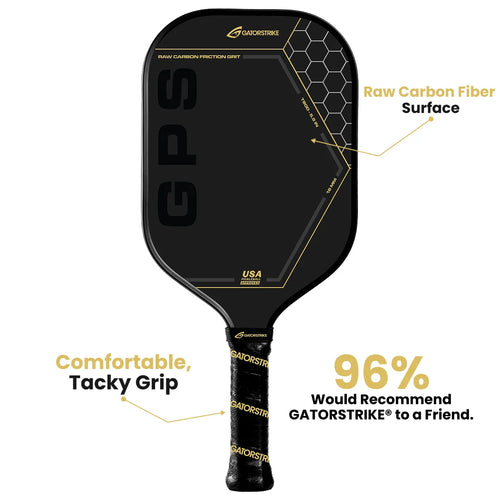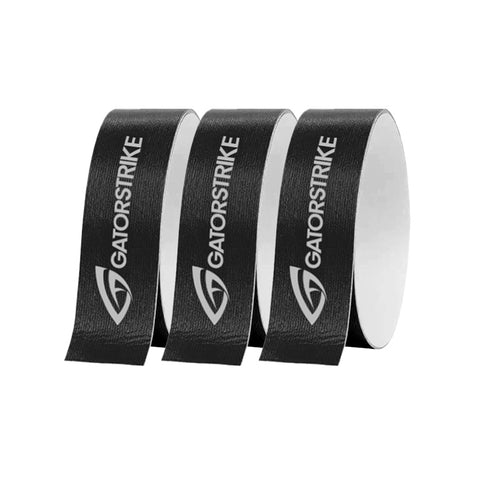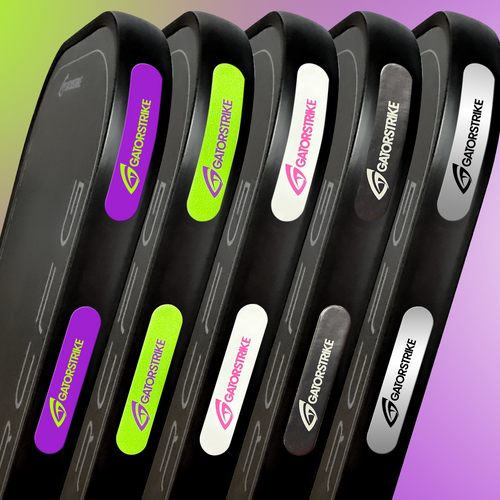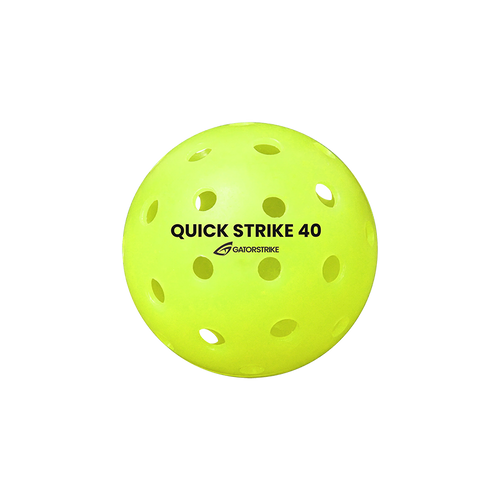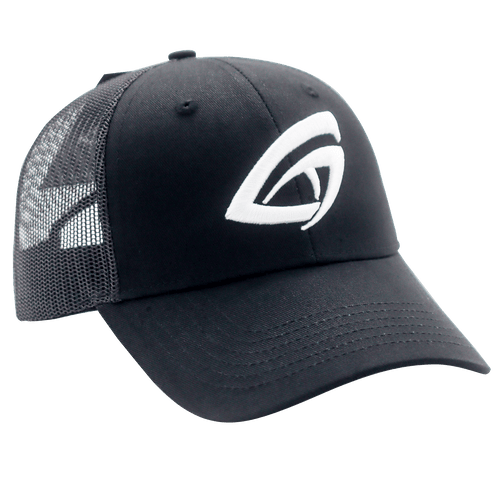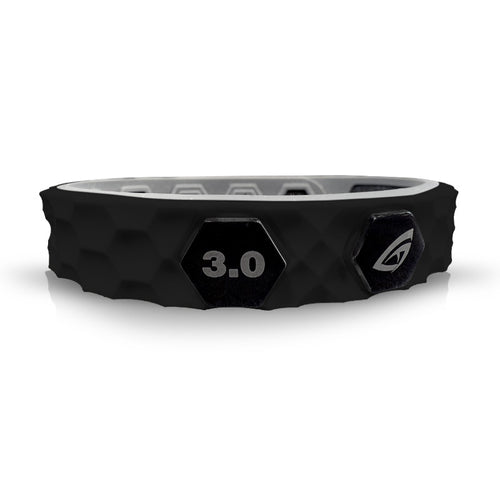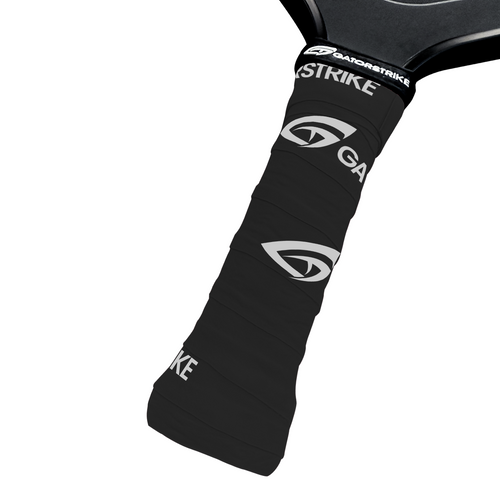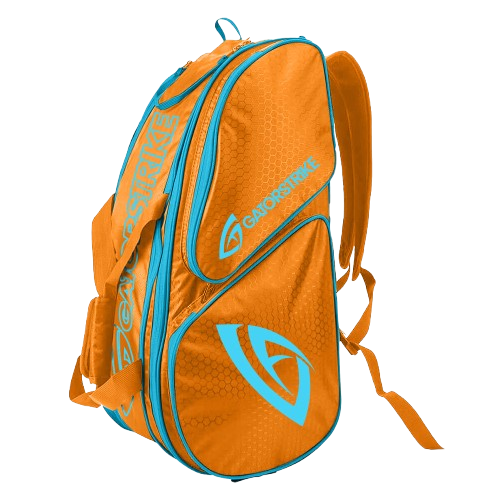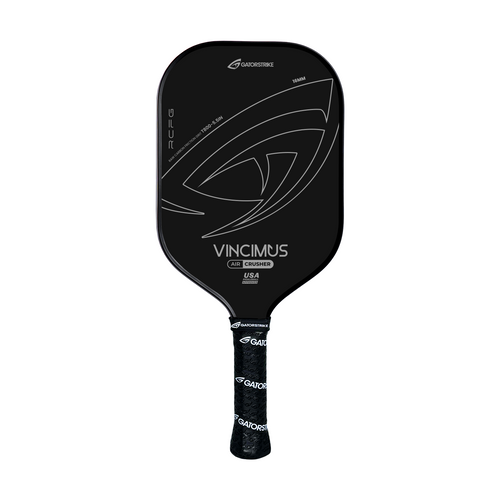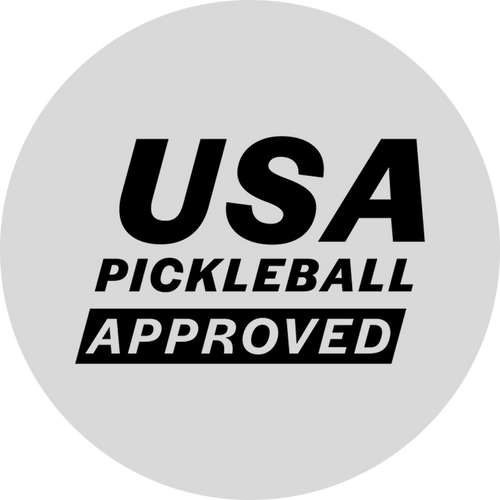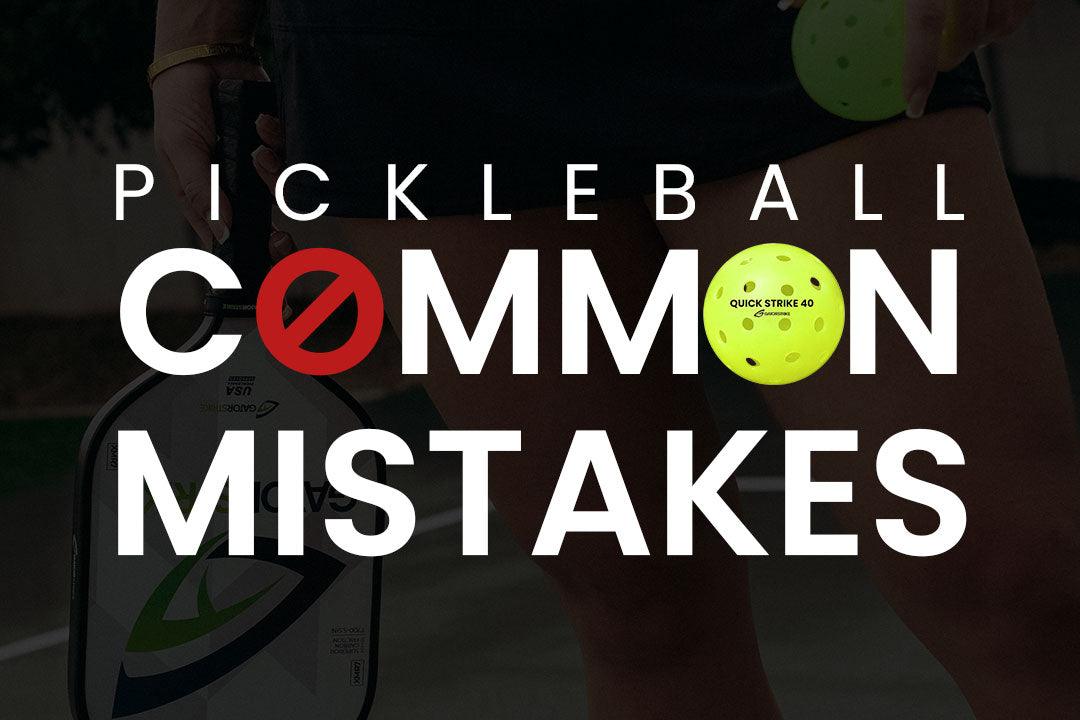
Common Pickleball Mistakes and How to Avoid Them
Share
Introduction
Pickleball, with its blend of agility, strategy, and accessibility, has rapidly become one of the fastest-growing sports worldwide. Whether you're a seasoned player or a beginner, the nuances of the game require constant attention and refinement. Recognizing and correcting common mistakes is crucial not only for enhancing performance but also for preventing bad habits from becoming ingrained. This guide delves into the most prevalent errors in pickleball and offers practical advice on how to avoid them.
Improper Grip
The foundation of any successful pickleball game begins with the grip. A weak or incorrect grip can significantly diminish your control over the paddle, leading to mishits and a lack of precision. Many players make the mistake of holding the paddle too tightly, which restricts wrist movement and reduces the effectiveness of shots. To avoid this, adopt a relaxed yet firm grip, akin to holding a hammer. The continental grip, where the base knuckle of the index finger is placed on the second bevel of the paddle, is widely recommended for its versatility. Practicing this grip will enhance your ability to execute a variety of shots with greater accuracy.
Poor Footwork
Footwork in pickleball is often overlooked, yet it is a critical component of a strong game. Poor footwork can lead to off-balance shots, missed opportunities, and even injuries. Players who fail to position themselves correctly are often caught off guard, unable to reach the ball in time. To improve your footwork, focus on agility drills that emphasize quick, short movements and lateral shuffling. Consistent practice will enable you to stay on your toes and maintain optimal positioning, ensuring you're ready to react swiftly to your opponent's shots.
Ineffective Serve
The serve is one of the most critical aspects of pickleball, setting the tone for the entire rally. However, many players struggle with consistency, either overhitting or failing to get the ball over the net. A common mistake is not fully utilizing the underhand serve technique, which is required in pickleball. To enhance your serve, focus on a smooth, controlled motion that incorporates your entire body, not just your arm. Aim for a deep serve that lands near your opponent's baseline, making it harder for them to return. Regular practice and experimenting with different serve techniques will help you develop a reliable and powerful serve.
Lack of Communication in Doubles
In doubles play, communication is the linchpin of success. Poor communication between partners often leads to confusion, missed shots, and frustration. The lack of clear signals or verbal cues can cause both players to go for the same ball or, worse, leave it untouched. To avoid this, establish clear roles and responsibilities with your partner before the match. Use simple, direct communication during play—such as calling "mine" or "yours"—to ensure that both players are on the same page. Consistent and open communication will not only improve your coordination but also strengthen your overall strategy.
Overhitting or Underhitting the Ball
Finding the right balance between power and control is a challenge for many pickleball players. Overhitting the ball often results in it sailing out of bounds, while underhitting can leave it vulnerable to an opponent's attack. To master this balance, focus on the technique rather than just strength. Engage your core and legs while hitting the ball, and adjust your swing based on the type of shot you're attempting. Practicing different shot intensities will help you develop a feel for how much power is needed in various situations, leading to more accurate and effective play.
Neglecting the Non-Volley Zone
The non-volley zone, or "kitchen," is a critical area of the pickleball court where many matches are won or lost. Neglecting to position yourself properly near the kitchen line can result in missed opportunities to put away volleys or defend against dinks. To avoid this mistake, always be mindful of your positioning and strive to control the kitchen area. Move forward after serving and work on your dinking game to outmaneuver your opponent. Dominating the non-volley zone requires practice and awareness but can dramatically improve your game.
Poor Shot Selection
Choosing the right shot at the right time is a skill that separates good players from great ones. Poor shot selection, such as attempting low-percentage shots or playing too aggressively, can quickly lead to errors and lost points. To improve your shot selection, assess each situation carefully—consider the position of your opponent, your own positioning, and the potential risks and rewards of the shot. Over time, developing a keen sense of shot strategy will help you make smarter decisions that increase your chances of winning rallies.
Inconsistent Return of Serve
Returning a serve effectively is crucial for maintaining control of the game, yet many players struggle with consistency in this area. Common mistakes include hitting the return too softly, allowing the server to approach the net, or overhitting it out of bounds. To avoid these pitfalls, focus on returning the ball deep into your opponent's court, ideally with a low trajectory to keep them on the defensive. Practicing your return of serve with varied spin and placement will help you develop a more reliable and strategic return game.
Ignoring the Mental Game
Pickleball is as much a mental game as it is physical. Ignoring the psychological aspect of the sport can lead to frustration, loss of focus, and ultimately, poor performance. Players who become easily discouraged or distracted are more likely to make mistakes. To strengthen your mental game, practice mindfulness techniques such as deep breathing and visualization. Stay positive, even when mistakes happen, and keep your focus on the next point rather than dwelling on the past. A strong mental approach will keep you resilient and confident, regardless of the match's challenges.
Conclusion
Pickleball, while enjoyable and accessible, requires attention to detail and a commitment to continuous improvement. By recognizing and addressing these common mistakes, you can elevate your game, reduce errors, and increase your enjoyment of the sport. Remember, every match is an opportunity to learn and grow. Embrace the challenge, refine your skills, and most importantly, have fun on the court.
